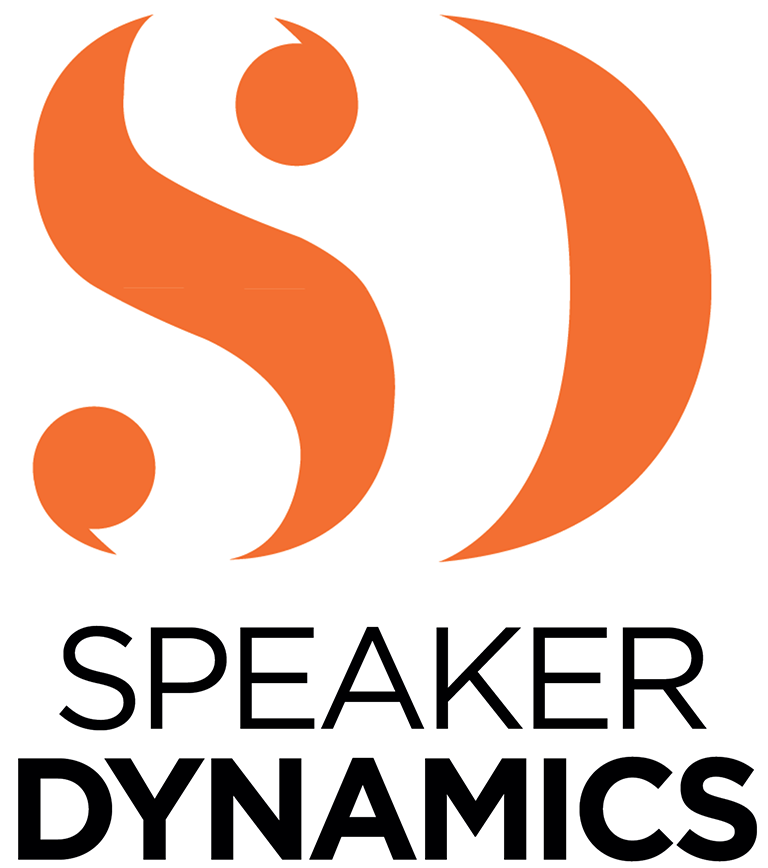Perhaps Future Forum, the Slack-lead research consortium focused on the Future of Work, foreshadowed its own fate.
In October of last year, it released the findings of its global Pulse study. The major headline – executives are struggling to lead in the “new normal,” not knowing how to adapt their management strategies or adjust to employee expectations in the flexible world of work. In fact, executives’ overall satisfaction with work dropped more than 15% during 2022. (In stark contrast – job satisfaction either remained the same or rose slightly for non-executives during that same timeframe.)
So is it really a big surprise that Slack, which is owned by Salesforce, would decide to shutter the research arm focused on flexible work, when Salesforce CEO Marc Benioff has been vocal in calling for a return to the office? Why invest in research that might undermine the effort to get people back at their desks inside the brick and mortar?
The loss of Future Forum is concerning on many levels. First, it provided hard data that is not easily replaced. The insights gleaned were not based on anecdotal interviews but surveys of thousands of global workers. They pointed to many of the positives found in remote and hybrid work environments like improvements in productivity, culture and connection. Often the data refuted commonly held beliefs (mostly by management) that a dispersed workforce was a nonproductive workforce, lacking cohesion and commitment. Without that data, gut feel is likely to reign unchecked, and the gut feel of executives is often very, very different than that of their employees.
Second, it shows that even when the data is easily accessible, even produced by one’s own organization, it’s still not given enough credence. If you take a peek at the Future Forum website, you see headlines like “Inflexible return-to-office policies are hammering employee experience scores.” And yet, the CEO of Slack’s parent company is seemingly tone deaf to those warnings, an ironic example of another headline on their site, “The great executive-employee disconnect.”
If I were to put on my rosiest colored glasses, I’d like to think decision-makers would also be diving deep into another Future Forum article highlighted on their home page – “Leveling the playing field in the hybrid workplace”. Better yet, maybe they’re also checking out the data that Dr. Joseph Allen and I have shared in our book Suddenly Hybrid to learn how to realize the benefits of flexible work and relearn how to manage people who aren’t all gathered under the same roof. However, there does seem to be a chorus of loud voices at the highest levels of the enterprise calling for a return to pre-pandemic norms.
Will we all return to the office, relegating this period of remote and hybrid work as a grand experiment without staying power? I don’t have a crystal ball… or even one of those old magic 8 balls that you shook up and waited for words to pop up in the clear plastic window. But if I were to toss that question out to the universe (or the magic 8 ball), the answer I would most expect would be “Don’t count on it.” Why? Because there’s too much solid evidence that flexible work has real value for the employee and the organization as a whole. For the employee, data shows significant improvements in work-life balance, lower stress and anxiety and higher productivity. The last one also benefits the enterprise overall along with significant cost savings by the reductions in the physical footprint. Seems like a win-win, right?
Not when it’s viewed through the lens of many leaders who find it nearly impossible to manage using their old playbook, a playbook that likely got them to the position they currently hold. You can’t expect a workforce transformation to be lead well by those who don’t believe in it. Nor can you expect executives to know how to guide the transition without being guided themselves in new approaches and processes.
I talk about some of those new approaches during my appearance on the Leading through Crisis podcast. I’m hoping it will help managers, executives, and others who are shaping the future of their own workplace learn what is possible and also what it takes to make hybrid work a success for all. If you’d rather learn in bite-sized chunks, maybe our quick course “The Hybrid Meeting Toolkit” will provide the foundation you need to build a vibrant, hybrid workplace of the future.
All I do know is there is going to be an information void with the loss of the fantastic work of the Future Forum, and fingers crossed, that void will be filled with more research results, more data, more science-based insights. Hopefully, that will balance out the barking to move back to the old way of doing things, rather than a fearless urging to move forward.

